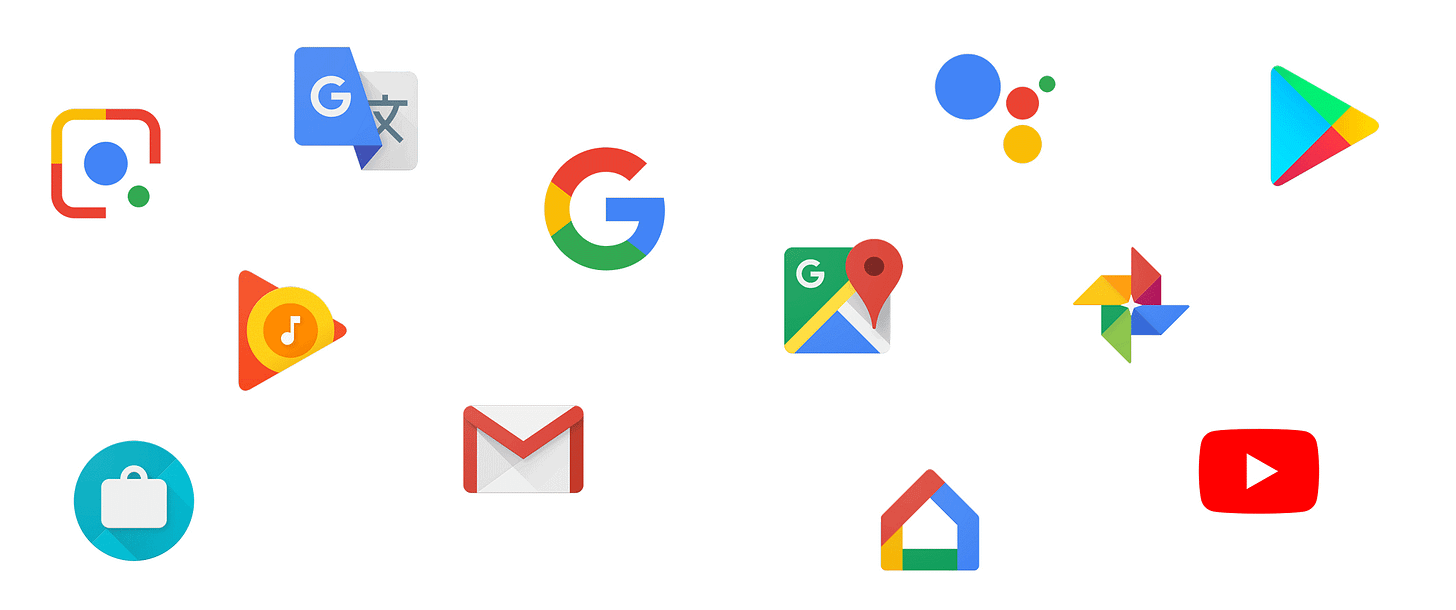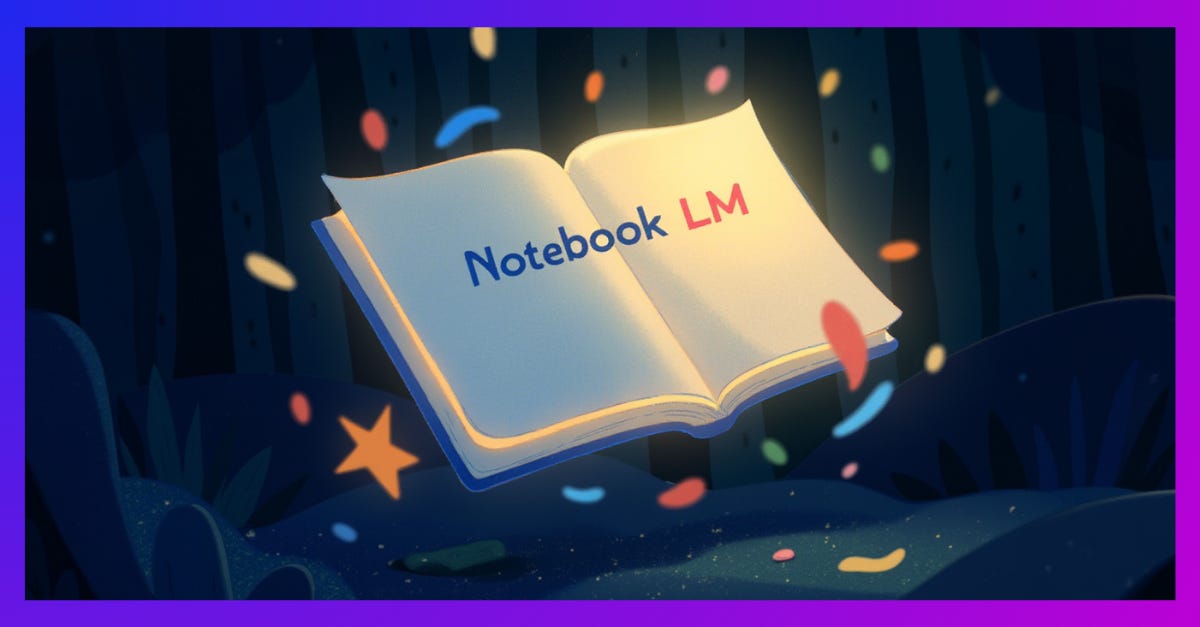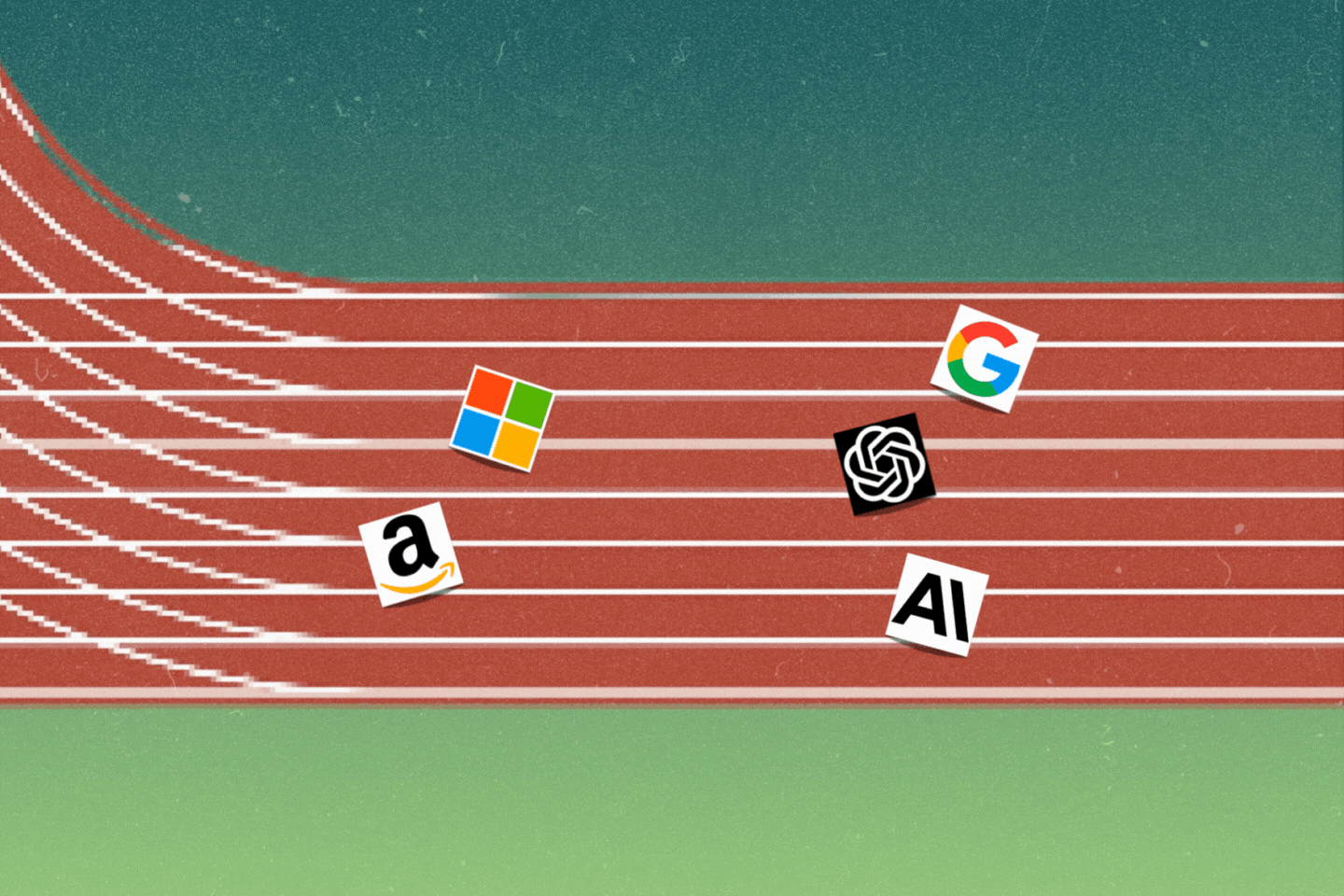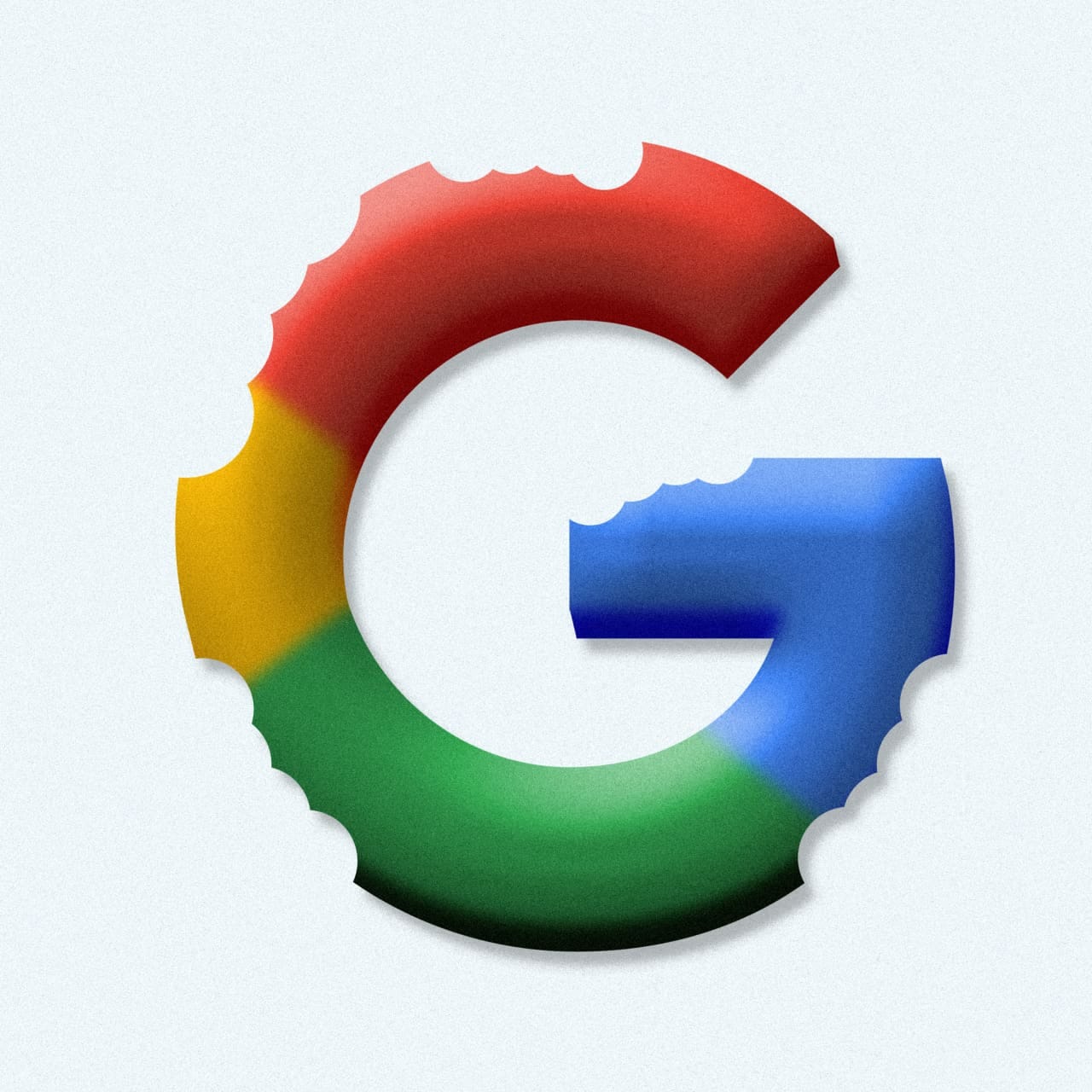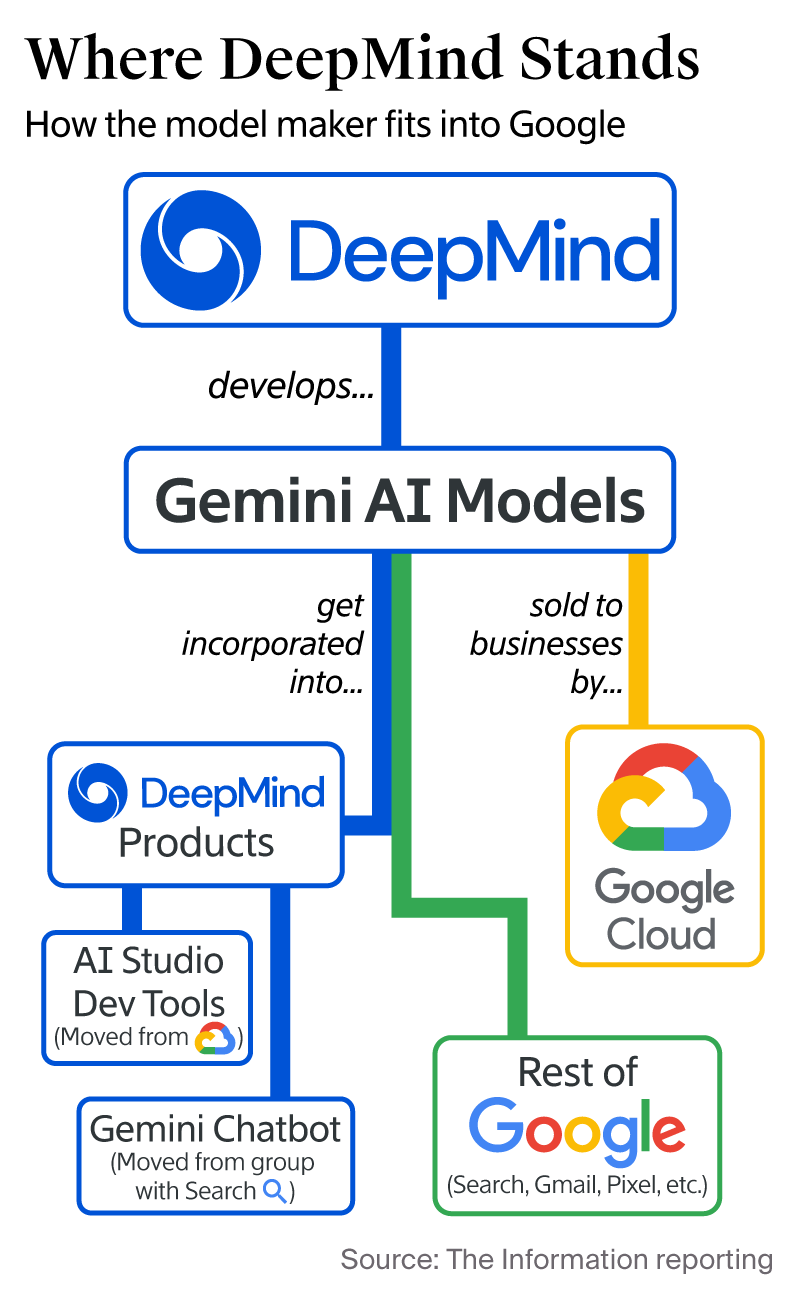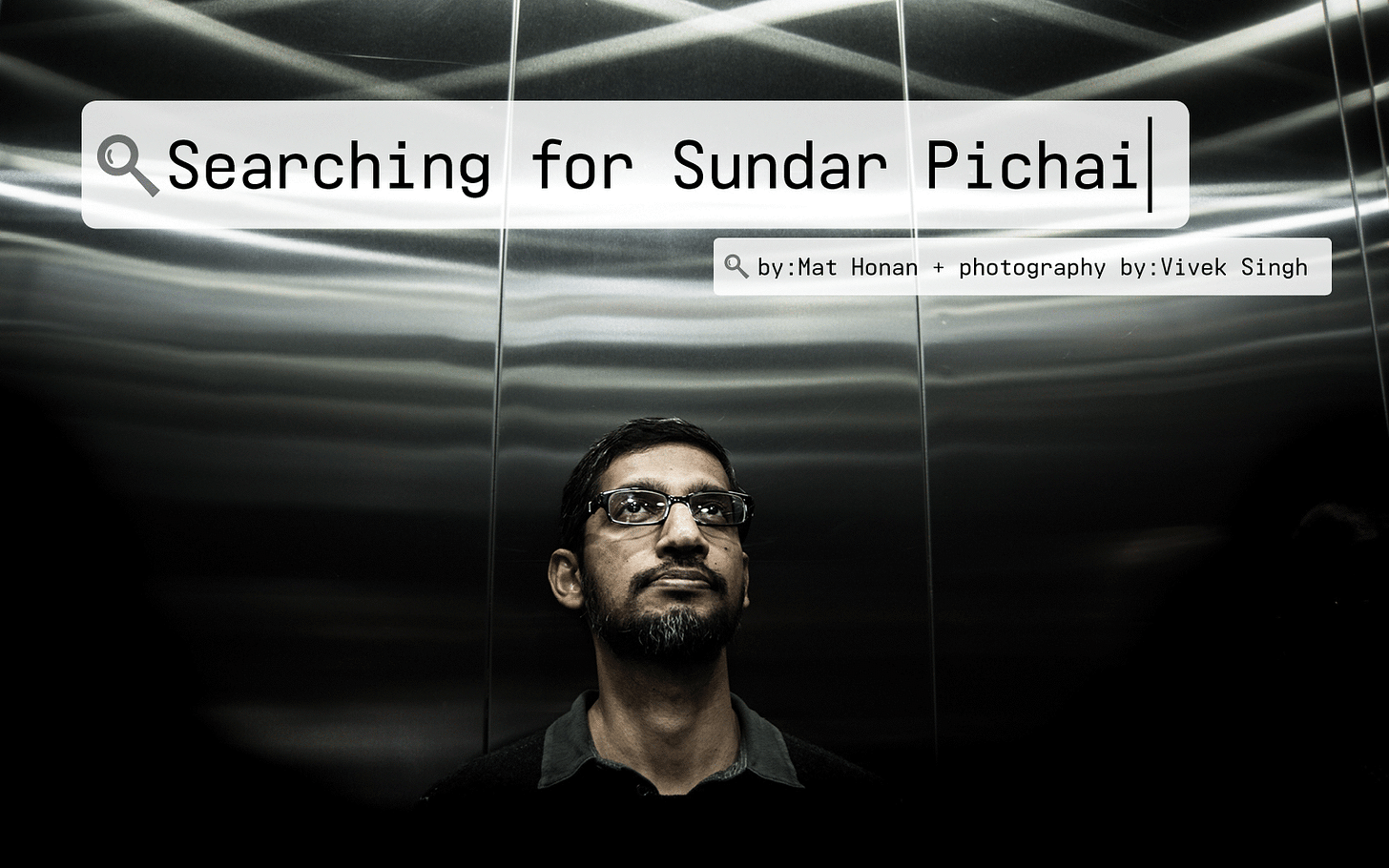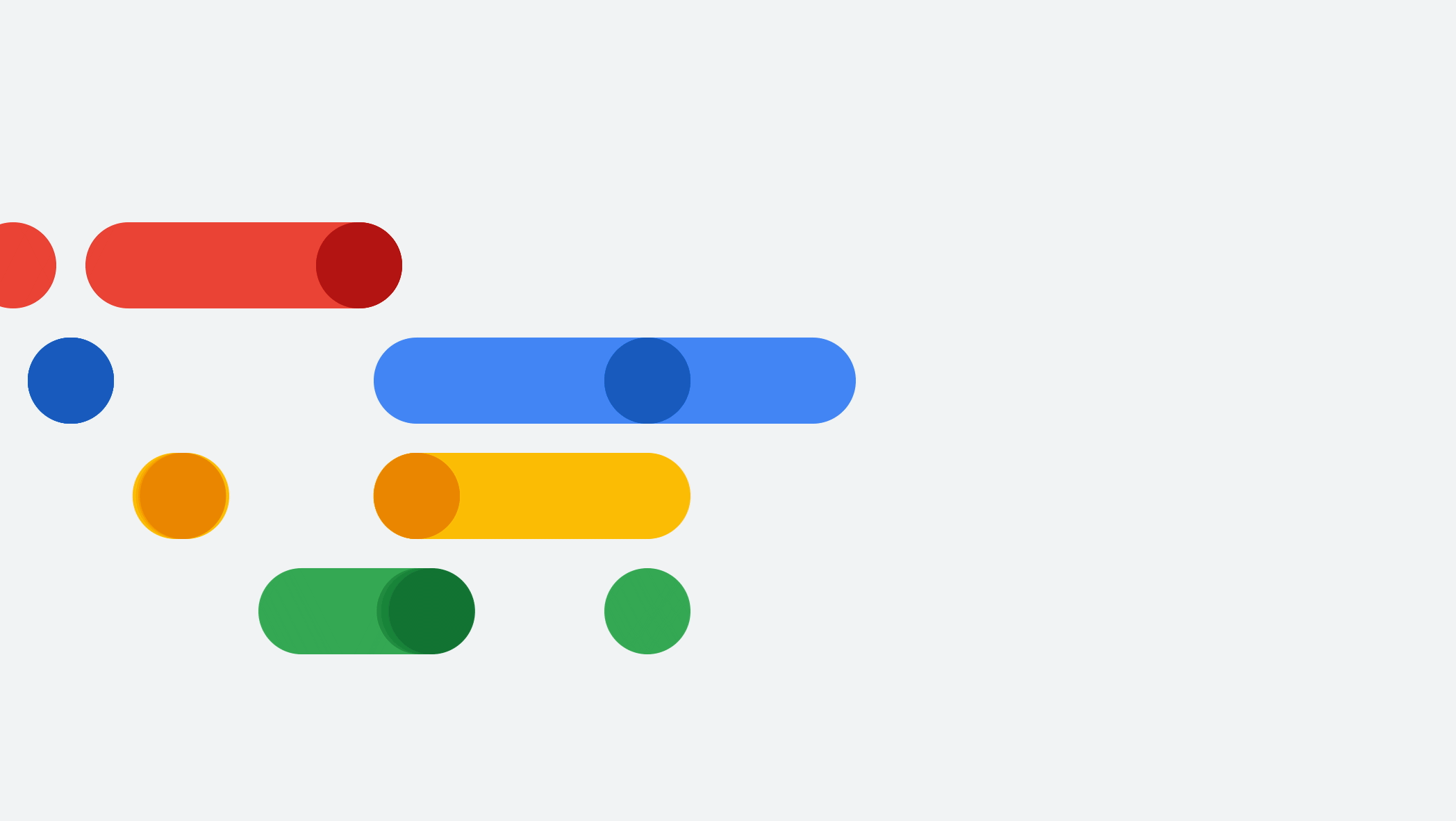
AI: Google's internal AI competitions. RTZ #636
I’m on record in these pages for a while now, being enthusiastic about Google’s prospects long-term in this AI Tech Wave. From its core position in Search, being soon powered by AI, to its core AI innovations, to its global opportunities with its multiple, multi billion user properties to be leveraged as distribution for its Gemini powered AI technologies, to its global position with YouTube, to its TPU powered AI Infrastructure, to its opportunities with Google Gemini Voice, Google/Alphabet is particularly well positioned for major benefits from AI innovations.
Yet there are clouds on the horizon. These range from the antitrust actions against the company, to fundamentally executing through its myriad Google AI assets and opportunities with minimal friction. Coordinating many Google AI initiatives across multiple fiefdoms, is a problem for most large corporations. And its a singular problem for a sprawling Google empire, relative to other big tech companies.
The Information lays this out in “Google’s AI Efforts Marred by Turf Disputes”, starting with its recent small consumer success with NotebookLM:
“Google scored a rare hit with an artificial intelligence–powered product last fall: NotebookLM, which helps people summarize documents, even generating podcasts from its results. The podcast feature drew a glowing review from The Wall Street Journal. After the product’s release, CEO Sundar Pichai praised the “small, dedicated team that built NotebookLM, an incredibly popular product that has so much promise.”
“But the path to launch wasn’t quite so smooth as he made it sound. Before NotebookLM launched, staffers working on it in the company’s Google Labs experimental unit clashed with their counterparts at Workspace, which runs Google’s group of productivity apps such as Gmail and Docs, according to four people with knowledge of the situation. Workspace employees argued that the product would conflict with their plans for existing apps like Google Docs, the people said, and Workspace employees even tried to shut NotebookLM down, according to one of the people.”
“In the end, leaders of both teams stuck with NotebookLM, and it launched as a stand-alone website, although it has since been added as a service in Workspace. Since its release, three members of the small team that built NotebookLM have left Google to launch a startup together.”
“The episode captures one of the major challenges facing Google in its efforts to fight back against OpenAI and other tech companies engaged in the race to develop new AI-powered products. To get new products and features released, staffers are having to overcome internal divisions within Google. The tensions are a reminder of the complexities facing the giant company, which sells a wide array of services to businesses and offers a similar selection to consumers for free.”
Widen the aperture, and the issue is a big one across the Alphabet/Google/Deepmind organizations:
“It’s a big company with multiple priorities. These startups, OpenAI and Anthropic, they’re gigantic now, but they’re much more single minded about what they’re trying to do,” said Carl Bass, former Autodesk CEO and a former special advisor to Google co-founder Larry Page. “Big companies get in their own way. Small companies have a much more defined path to getting stuff done.”
“Some of the tensions flow from how Google is structured. Demis Hassabis runs DeepMind, the unit responsible for developing AI models, while Thomas Kurian heads Google Cloud, the unit responsible for turning those models into products to sell to businesses. Differing priorities between the two units have caused some tensions, say several people who have worked in one or both units.”
The issue goes above Nobel prize winning Sir Demis Hassabis, and across various Google units like Google Cloud I recently wrote about:
“Top managers at Google Cloud are debating how to improve their unit’s relationship with DeepMind, according to a person with direct knowledge of those conversations.”
“Meanwhile, Google trails ChatGPT creator OpenAI in the consumer market for AI chatbots as well as in selling AI to businesses. Last month, OpenAI had 3.8 billion web visitors to ChatGPT, according to Similarweb, which tracks website traffic. Google’s Gemini chatbot site had less than a tenth as much traffic.”
“Google has numerous products, such as Gmail, that billions of people use daily, which it is leveraging to promote its AI. That includes its biggest product, search. Google is working on adding an AI Mode tab to search—making its Gemini chatbot an option for searching the web—but that hasn’t yet launched.”
“Meanwhile, OpenAI has launched SearchGPT—a version of its ChatGPT chatbot that can search the web for answers—to all of its users.”
Alphabet/Google CEO Sundar Pichai talks a lot about Google’s many opportunities in AI with Gemini and Deepmind, vs its many competitors:
“To be sure, Google’s addition of AI-generated summaries to Google search has led to increased search use, especially among young people, Pichai said during an earnings call earlier this month. He promised that this year would be “one of the biggest years for search innovation yet,” in part because of the upcoming feature allowing people to “ask follow-up questions” of the search engine, he said, implying that search would take on more of the characteristics of a ChatGPT-like chatbot.”
“On Google’s earnings call with analysts, Pichai said Google would explore adding new features to image and video searches, but he stopped short of describing what that would look like.”
“In a statement, a Google spokesperson said the company had delivered “relentless innovation” to users in the past few months.”
“We’re constantly working to simplify our structure and enable our teams to move with velocity,” the spokesperson said.”
But the actual execution means making fundamental decisions from the top, to lower internal competition and delays, while being focused singularly on the AI opportunities externally. Easing dissension across internal empires:
“One of the major sources of tension is the relationship between DeepMind and Google Cloud, according to multiple employees who have worked across the two units. DeepMind, Google’s research unit developing AI models for the company, wants to get its products to market as quickly as possible, to compete with rivals OpenAI and Anthropic and to receive feedback for improving its models.”
“In contrast, Cloud needs reliable and long-lasting products for enterprise customers. Cloud leaders tend to focus on building what its high-paying customers have explicitly asked for rather than what is coming out of the research group, according to a person who has worked on AI at Google.”
“Those differences have played out in clashes between the two over product development for AI Studio, software to help small startups and independent developers build products using Gemini, according to three people involved in the situation.”
And the results show:
“Territorial disputes have also hobbled the rollout of new AI products elsewhere in Google. Sometimes CEO Sundar Pichai has had to sacrifice certain products for the sake of achieving bigger priorities.”
It’s also causing friction on the hardware and software collections of Google offerings:
“Around the beginning of last year, for instance, employees working on Pixel, Google’s smartphone, were building an AI agent for the Pixel, dubbed Pixie, that could complete tasks across different apps. But after a leadership review, employees working on the product were told Pichai had ordered a change of direction to ensure the new product didn’t compete with the Gemini assistant, which operates across all of Google’s Android devices, according to a person with direct knowledge of the instructions.”
And the King Solomon type ‘split the baby’ decisions are eventually ‘lose-lose’ options for the company at large:
“The product ended up split in two: a Screenshots app for Pixel, essentially an information retrieval app searching across users’ screenshots, and features for the Gemini assistant, which can only take actions on Google-operated apps like Gmail or Calendar. Neither product offers as many useful functions as what was initially envisioned for the Pixel assistant, according to the person.”
All this occurring despite the company’s ‘best intentions’ from the beginning of the AI Tech Wave:
“Immediately after ChatGPT came out, groups across Google jumped to set up their own products using large language models, according to two people working on AI products at Google at the time.”
“Since then, Google has attempted to streamline the research and product development process. In 2023, it consolidated its two AI research units, Google Brain and DeepMind, into one group. Last year, it also consolidated more research teams under DeepMind for efficiency, rather than having separate research teams for each product area.”
And recent efforts to shuffle things around:
“Google has also started moving some products into DeepMind. Last fall, the team building the Gemini chatbot moved from the Google unit overseeing search into DeepMind, the first time the research unit had directly housed a product area. And last month, AI Studio moved from Cloud to DeepMind, with the goal of having deployment of Google’s AI models in the same organization as the teams building them, according to a Google spokesperson.”
All this means, the hard decisions of course shift back to Alphabet/Google CEO Sundar Pichai, and the Alphabet/Google boards. It’s another reason for my argument for the company to think about proactive spinoff of core AI benefiting assets, even if they are minority spinoffs with control.
Yes, Pichai, with ‘ai’ in his name, has unique opportunities to make a lot of great AI companies possible at scale, with Google’s collection of amazing assets. And do it with less inter-company politics and friction.
Otherwise, the issues documented above and elsewhere will likely be a drag on Google’s long-term AI opportunities this AI Tech Wave. With unforced errors in opportunity costs. Stay tuned.
(NOTE: The discussions here are for information purposes only, and not meant as investment advice at any time. Thanks for joining us here)

